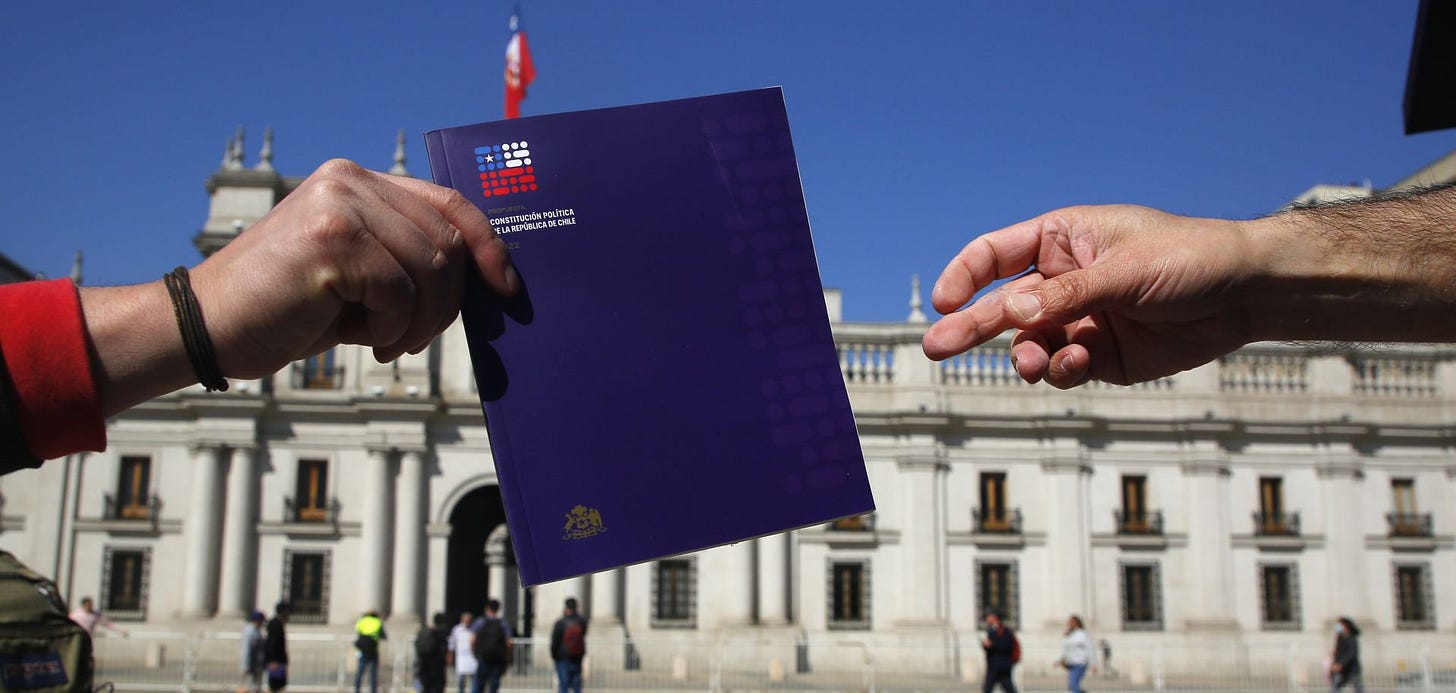Our declining neoliberal education system
Must watch! (and I don’t say that often)
That took me to this YouTube video — which you can watch to your heart’s content — at least for the first two hours.
The middleware of democracy
I was writing about something similar a while back.


Unbeaching the whale
The education revolution failed — and so did its way of thinking
I can’t claim to any expertise in education, but this certainly chimed with all my priors about the way the world works. It’s also from the first — or perhaps second — of the Inside Story which is a terrific open access magazine of essays and “essays, journalism, commentary and reviews”. If you haven’t you should sign up — you should do so now!
Australian schooling lives within the comprehensive failure of Kevin Rudd and Julia Gillard’s “education revolution.” David Gonski’s proposals, by some margin the best of a bad lot, had only limited purchase on the many-sided problem they tackled, and didn’t get up anyway. The “teacher quality” agenda (or a little less aggressively, “teaching quality”) wanted to create a more respected and capable profession via better pay, higher entry scores and training in “effectiveness,” but delivered only low morale and a flight from teaching. The “outcomes” push, a stick with no carrot, collapsed schooling’s complicated work into a single narrow measure, systematised a draconian regime of domestic and international testing, and compounded the blunder by constructing a new national website that told teachers and parents which schools to avoid. …
And from one of several dot points that propose an alternative:
Stop talking about the quality of teaching (or teachers) and start talking about the quality of work in schools. In fact, go a step further: stop focusing on teachers and teaching and begin at the beginning, with learning. For its fixation on teaching, the revolution can thank a vast body of research into “teacher effectiveness” premised on the assumption that it could replicate the success of the medical sciences by doing the same kind of science. The most fundamental mistake lies in imagining that schools are essentially deliverers of the service of teaching in much the same way that hospitals and clinics deliver health services. In reality, schools aren’t like that at all.
Schools are sites of the production of learning, not by teachers but by a four million–strong workforce otherwise known as students. The big determinant of their productivity is not the quality of supervision but the organisation of their work. An inherited “grammar” of schooling is organised around increasingly intense competition, from Year 1 all the way up to Year 12, for position in a ranked order. It guarantees failure for many. A more productive grammar would shift assessment from ranking to the growth and progress of each student and, around that, change the organisation of work and workplaces.

A citizen’s jury to improve Medicare?
An excellent analysis of the new taskforce on health by health economist Luke Slawomirski:
To understand who holds sway in Australian health policy, take a look at the federal government’s new taskforce to improve the quality of primary healthcare. Well over half of the Strengthening Medicare Taskforce members are practitioners and providers. One solitary member represents patients and consumers (and therefore the general public).
The idea behind the taskforce is sound. Considering the eye-popping levels of medical practice variation, that about 40% of Australian patients don’t receive evidence-based care, and rising out-of-pocket costs, improving the quality of primary healthcare is an urgent priority.
But what solutions can we expect from a panel representing predominantly the supply side of this equation? What is the doctors’ trade union — the Australian Medical Association (AMA) — which has two former presidents at the table, likely to say?
More on Effective Altruism
An enjoyable light piece by anthropologist turned journo Gillian Tett on Will MacKaskill. (If you ignore the running commentary on the meal. Why hasn’t it already made it into the dustbin of history with eugenics, lebensraum and cannibalism?)
Would he prefer us to buy a sandwich — and ask the FT to donate the difference to charity, I ask. Would that be a more effective way to be moral? He laughs. “When I was younger, gratuitous luxury spending and meat consumption would really get to me, and it does still sometimes,” he says. “But the question for me now is, is this emotional reaction useful or not?” I conclude cheap pad thai is moral.
Still, I couldn’t quite get on the author’s ethical wavelength. At least from my way of looking at the world, it’s hard to count the number of non-sequiturs in this passage — indeed I wonder if it contains any sequiturs at all ;)
MacAskill’s friend, 30-year-old crypto tycoon Sam Bankman-Fried is one poster child for the concept of “earn to give”. He has apparently always cared deeply about animal rights and so, a few years ago, “Sam asked charities if they would rather he worked for them as an employee or work for donations,” MacAskill recalls. “They said donate!” So Bankman-Fried created a foundation, with MacAskill’s help.
But doesn’t this approach have big moral risks? Is it not justifying extreme wealth — or giving graduates a moral licence to choose high-earning careers? After all, leftwing writers such as Anand Giridharadas have slammed America’s focus on philanthropy, arguing that it is used as a way to avoid more radical reform of an unequal system. And in countries such as Sweden, people usually expect the government to improve society using taxpayers’ funds — not philanthropists who get tax breaks for their donations.


Bad faith among the intellectual elites? Surely not!
Some of the comments I got on my tweet pointing out a glaring inconsistency between supporting price control in own country A, while being against them, and making sure they are abolished, in countries B to Z, reminded me of a possibly worst intellectual experience I had.Some of the comments I got on my tweet pointing out a glaring inconsistency between supporting price control in own country A, while being against them, and making sure they are abolished, in countries B to Z, reminded me of a possibly worst intellectual experience I had.
I was invited to join a list that seemed to have been composed liberal Dems. In those days I thought such people are some kind of US social-democrats. It turned out they were far from it. But the really bad part of the experience was their pervasive "mauvaise foi".
I have never encountered, even among the most dogmatic Stalinists, such hypocrisy and lying which for them, having practiced it so much, has become a way of life. They were also smart. So every argument that was going against their PoV was twisted, distorted, repackaged,
intentionally misinterpreted with the sole objective that every mistake, every hypocrisy, every lie would be covered up.
I quickly realized that they were utterly uninterested in truth.
Their twisting of truth had in addition a certain malignant or perverse character. One could feel they were very happy to have shown themselves clever enough to demonstrate that the obvious truth really was not true.


False consciousness strikes again!
I’d like to know a lot more about Chile’s new constitution that wasn’t. But all I know at this stage is from this article in the New Left Review. Long story short, those proles sure can screw things up what with all that false consciousness they’re prone to and all that money funding it.
Support for Rechazo (‘Reject’) was strongest in low-income municipalities, where turnout was also higher than in upper-class neighbourhoods. While in the 2020 plebiscite the opposition to the constituent process was led by the three wealthiest municipalities, this time around the poorest neighbourhoods turned out en masse to vote against the proposed draft. Also in contrast to 2020, voting was mandatory – with fines for non-compliance – which forced the popular sectors to cast a vote for fear of the pecuniary costs of abstention. Turnout increased substantially from 50% to 86%; and of the 5.4 million new votes cast, 96% opted to reject. In total, the draft constitution received only 4.8 million votes – one million less than voted in favour of redrafting two years earlier.
Boris steals the show
Britain has installed a new Sociopath in Cheif, but we finally got some decent talking from the retiring one.
Frank Bongiorno is lukewarm on the Queen
Quite a good, balanced writeup of the whole thing. I was going to extract something, but I’m afraid I got overexposed to it all. Still I quite enjoyed reading it and you might too.

















